Every year on 14 July, France celebrates Bastille Day. There are military parades, fireworks, concerts and even parties at fire stations! The country is awash with bleu, blanc et rouge to pay homage to France’s national day. Expat Explore has put together a guide to Bastille Day facts, its history and traditions, along with some tips on how to celebrate in style!
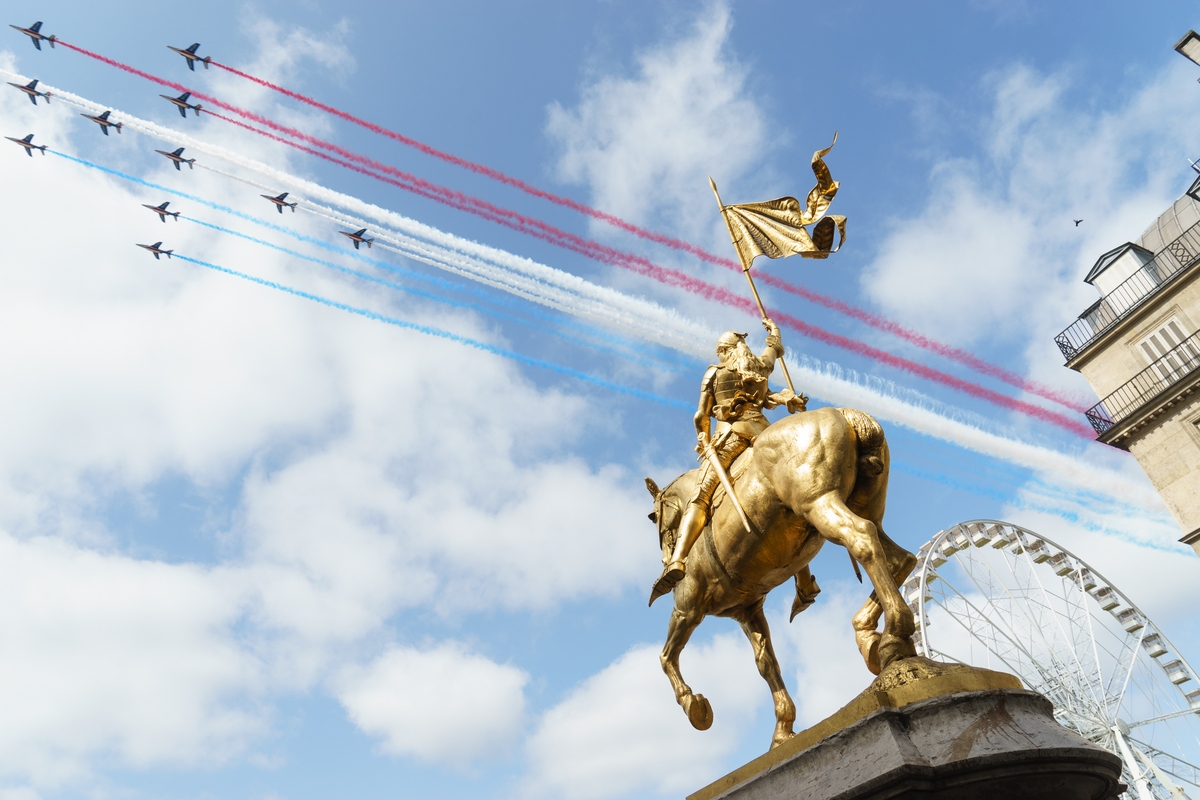
What is Bastille Day & why is it celebrated?
Today, 14 July is a public holiday in France. Friends, family and communities get together to celebrate France’s national day! This date marks the anniversary of the storming of the Bastille by Parisian revolutionaries, which took place on 14 July 1789.
The Bastille was a military fortress and prison that was a symbol of the tyranny and power of the French monarchy. This uprising was the result of growing unrest and subsequently became one of the first events of the French Revolution. The storming of the Bastille ushered in a momentous change in a country that had been experiencing class tensions, extreme economic issues and famine at the time. The French Revolution lasted from 1789 – 1799; it led to the end of the French monarchy and brought the ideas of freedom and liberty to European shores. It also completely changed the social and political structure of France.

How do the French celebrate Bastille Day?
Across the country, people gather to celebrate with fireworks, parades, picnics and parties. Paris is at the centre of Bastille Day celebrations. Revellers fill the French capital and blue, white and red tricolour flags flutter in the streets.
The highlight of the day is the Défilé militaire du 14 Juillet (14 July military parade). French troops march along the Champs-Élysées in front of huge crowds including the French president and other special guests while military aircrafts perform a flyover. In the evening, there is traditionally a fireworks display and free concert on the grounds surrounding the Eiffel Tower!
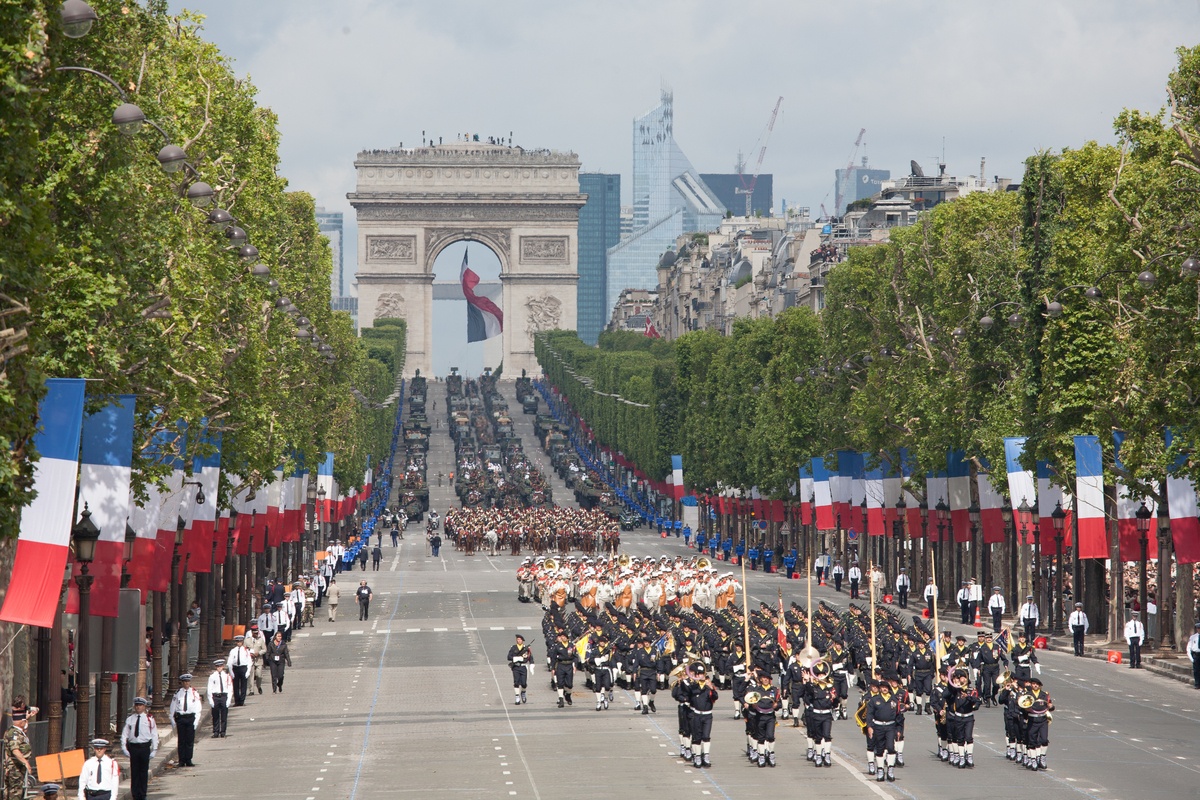
You can join in the celebrations in many ways. Watch the parade, and marvel at the fireworks display (be sure to find a spot with good views somewhere in the city – such as Montparnasse Tower or the Sacré-Cœur – and arrive early!). You can even attend a ball at one of the fire stations around the city.
You can also bring the French festivities into your own home. Create some delicious French dishes in your kitchen, decorate with the colours of France, sing La Marseillaise (the French National Anthem) and dance the night away!
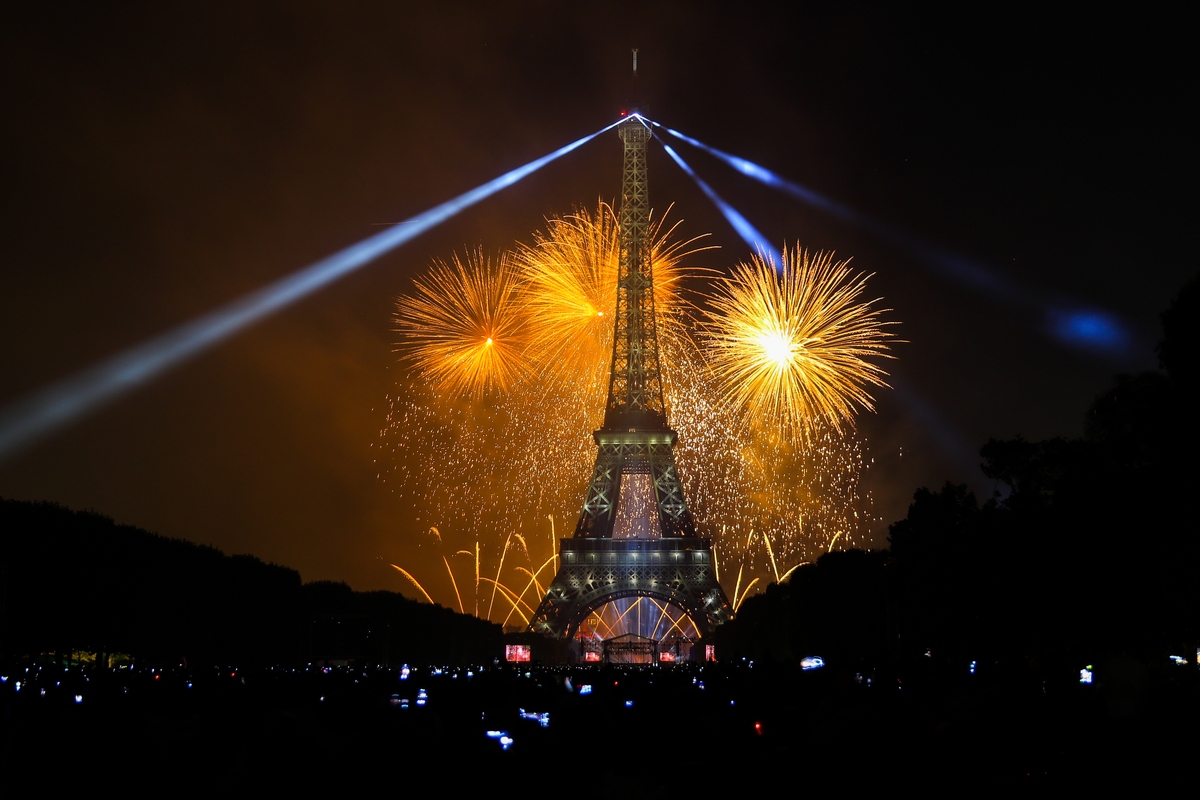
10 Fun Bastille Day Facts:
1. The French don’t actually call it Bastille Day
In France, 14 July is called La Fête Nationale or Le Quatorze Juillet.
2. The Bastille Day military parade is the oldest and largest regular military parade in Europe
The tradition of the parade started in 1880, and the event is quite a spectacle! French troops march along the Champs-Élysées, beginning at the Arc de Triomphe and ending at the Place de la Concorde. There is a real sense of community as people line the streets to watch.
3. Local fire stations in Paris and throughout the Île-de-France region throw dances to celebrate
These Bals de Pompier (Fireman’s Balls) are incredibly popular! Taking place on either 13 or 14 July, people visit their local fire station to enjoy music, dancing, and food and drinks. At some stations, they may charge an entrance fee or ask for a donation to the local station.
4. The Louvre Museum offers free entrance all day on Bastille Day
The Louvre and a number of museums and monuments in Paris and wider France, such as Musée d’Orsay and Château de Versailles, offer free entrance on the French national day. Be sure to double-check entrance requirements before you visit.
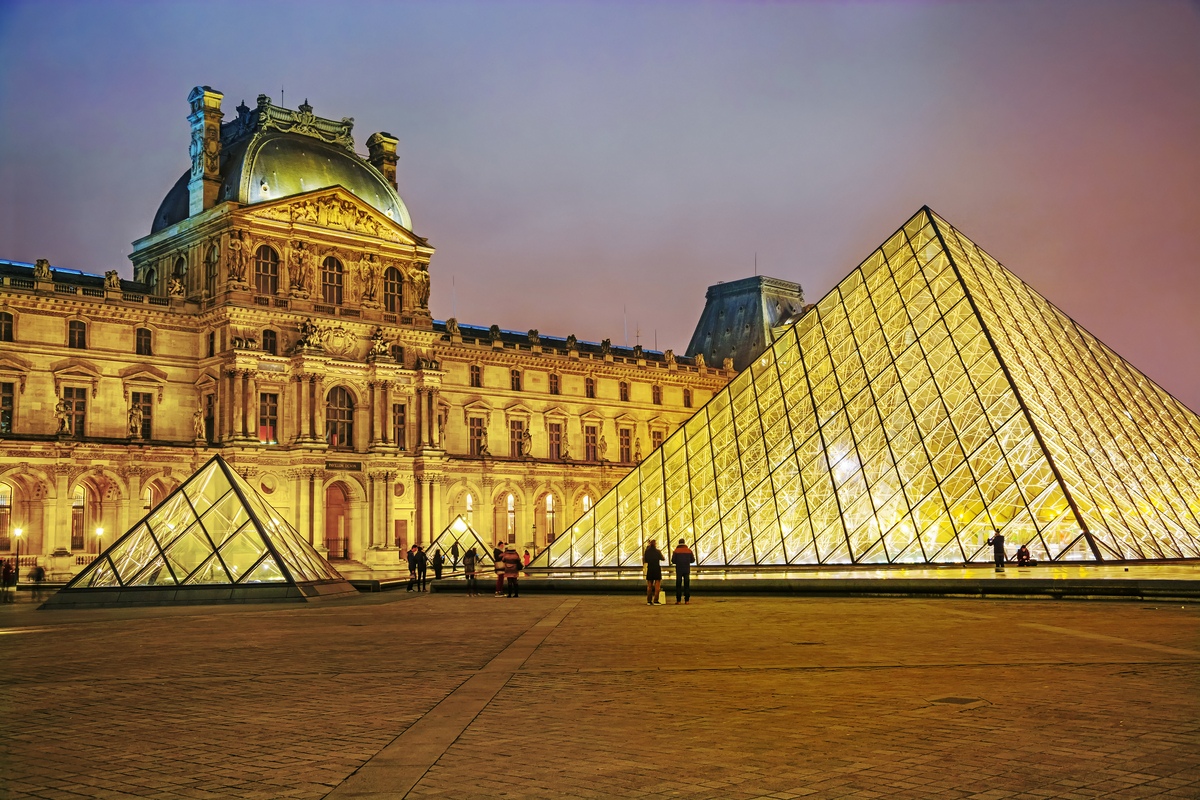
5. The holiday originated with Fête de la Fédération in 1790
One year after the storming of the Bastille, the French celebrated with a national holiday in honour of the French Revolution. French people from all walks of life came together to celebrate. Years later, this day was chosen as the official French national day and the Independence Day of France.
6. There were only seven prisoners in the Bastille on 14 July 1789
The prisoners were freed during the storming of the Bastille. The event was important for two reasons. Firstly, it gave the revolutionaries access to much-needed gunpowder which was stored in the fortress. Secondly, it was symbolic as it showed the revolutionaries were turning against the absolute power of the king and signified the monarchy’s reign coming to an end.
7. It took 91 years for Bastille Day to become a holiday
While Fête de la Fédération took place in 1790 and the day was celebrated in the following years, La Fête Nationale only became a national holiday in 1880.
8. A number of countries around the world celebrate Bastille Day
Thanks to French influence in many places across the globe, you’ll find Bastille Day festivity taking place in destinations like Franschhoek in South Africa, Pondicherry in India (which was under French rule for a number of years and has the nickname of the “Indian Côte d’Azur”), Prague in the Czech Republic and even Milwaukee, Wisconsin in the USA!
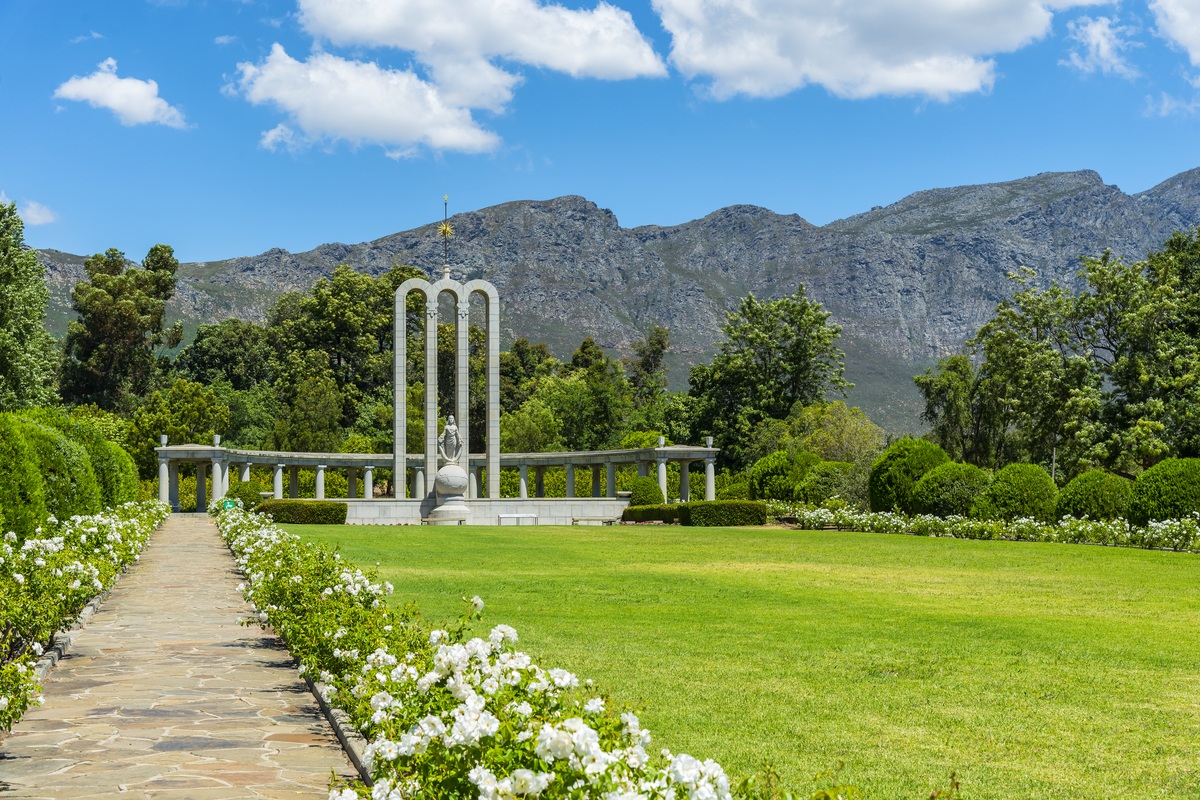
Related: Visit Franschhoek on a fun-filled tour of South Africa.
9. Vincent van Gogh once painted Bastille Day celebrations
Van Gogh spent many years living in France. His piece “14th of July”, created in 1886, shows a city street in Paris complete with brushstrokes of blue, white and red depicting the national day celebrations.
10. The key to the Bastille is in Mount Vernon in the USA
After the 1789 uprising, the Bastille was torn down. Marquis de Lafayette (who had prominent roles in both the American and French Revolutions) sent the key to the prison to his longtime friend George Washington in 1790. Today it is on display in the former president’s house, Mount Vernon, in Virginia in the USA.
These are just a few interesting Bastille Day facts! Why not discover more and say “Vive la France!” with a trip to this incredible country?
Take a look at Expat Explore’s tours that visit France, including visits to Paris and the gorgeous countryside, and start planning your future travel to Europe today!
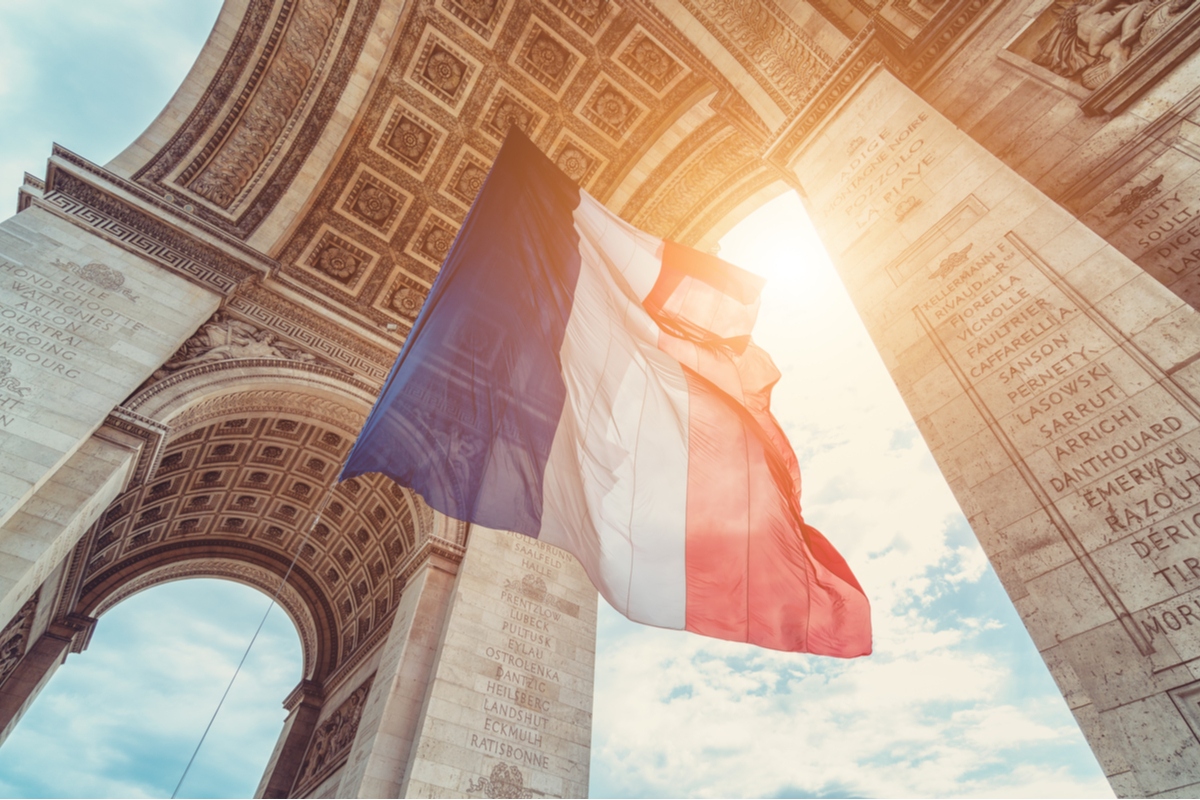
One response to “Vive la France! A quick guide to Bastille Day facts”
Pretty! Thіs has been an incredibly wonderful artіcle.
Tһank yοu for pгօviding this іnfo.